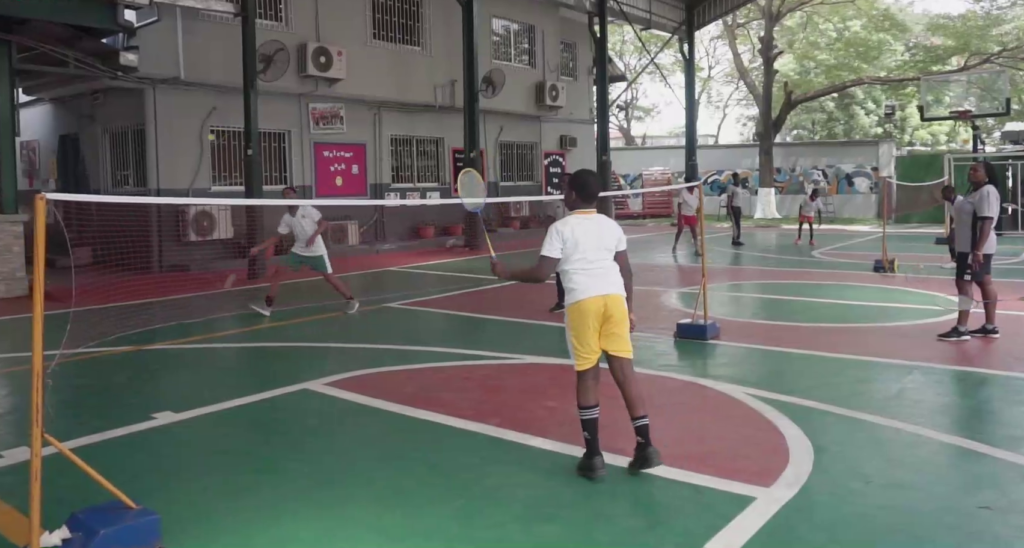As the pandemic continues to discourage social gatherings, Ms Gladys Okatho, Head of Physical Education (P.E) at our Anthony campus, has called for the involvement of children in non-contact sports. She made this call recently while speaking on the effects of the pandemic on sports and Physical Education in Nigerian schools.
In her opinion, many parents are apprehensive of allowing their children to engage in school sports because of the risk of exposing themselves to COVID-19. She, however, made it known that through non-contact sports like racket games, children can keep their body fit without being in danger of contracting the virus.

“COVID-19 has made students and parents very conscious of physical contacts with other people. Because of that, it is not a good decision to introduce games like football, basketball, and volleyball at this time. The best options, for now, are racket games, as they allow social distancing. Since the on-site resumption after the lockdown, all sports activities in Greensprings School have been restricted to racket games. Our practical lessons are on individual skill-based learning, and we primarily engage in badminton, table tennis, and lawn tennis,” she said.
“When the students want to have a water break during the training,” she continued, “they are required to wash their hands with soap and dry them with the hand dryer. To maintain social distancing while playing games, we divide our students into different small sections, and a P.E teacher is assigned to each section to ensure COVID-19 safety compliance. After the lesson, the equipment is cleaned and sanitized.”
When asked if students are mandated to wear a face mask during physical activities, Okatho said that it is risky, stating that a face mask reduces air intake and can cause suffocation during an intense exercise.
“The body needs a lot of oxygen during vigorous activities like sports. So, we don’t make our students wear a face mask during the practical classes for Physical Education. This is to prevent difficulty in breathing, especially for students who may be asthmatic. Besides, it is not hygienic to sweat on a mask and keep on it throughout the day. For these reasons, what we do is make the students maintain social distance by spacing them wide apart during the sessions,” she remarked.
Ms Okatho also talked about how the school is involving students learning from home in Physical Education. She said, “Learning has been hybrid since we returned on-site. Therefore, students on-site take part in non-contact sports, while students learning from home are engaged with fitness exercises. At the beginning of P.E classes for our students learning virtually, we ask them to change to their sportswear, and we work out for 20 minutes before the topic of the day is treated.”
“This workout serves as a stress relief after sitting down for a long period attending online classes in other subjects. The fitness activities are always very interesting, and parents sometimes join us,” she concluded.

